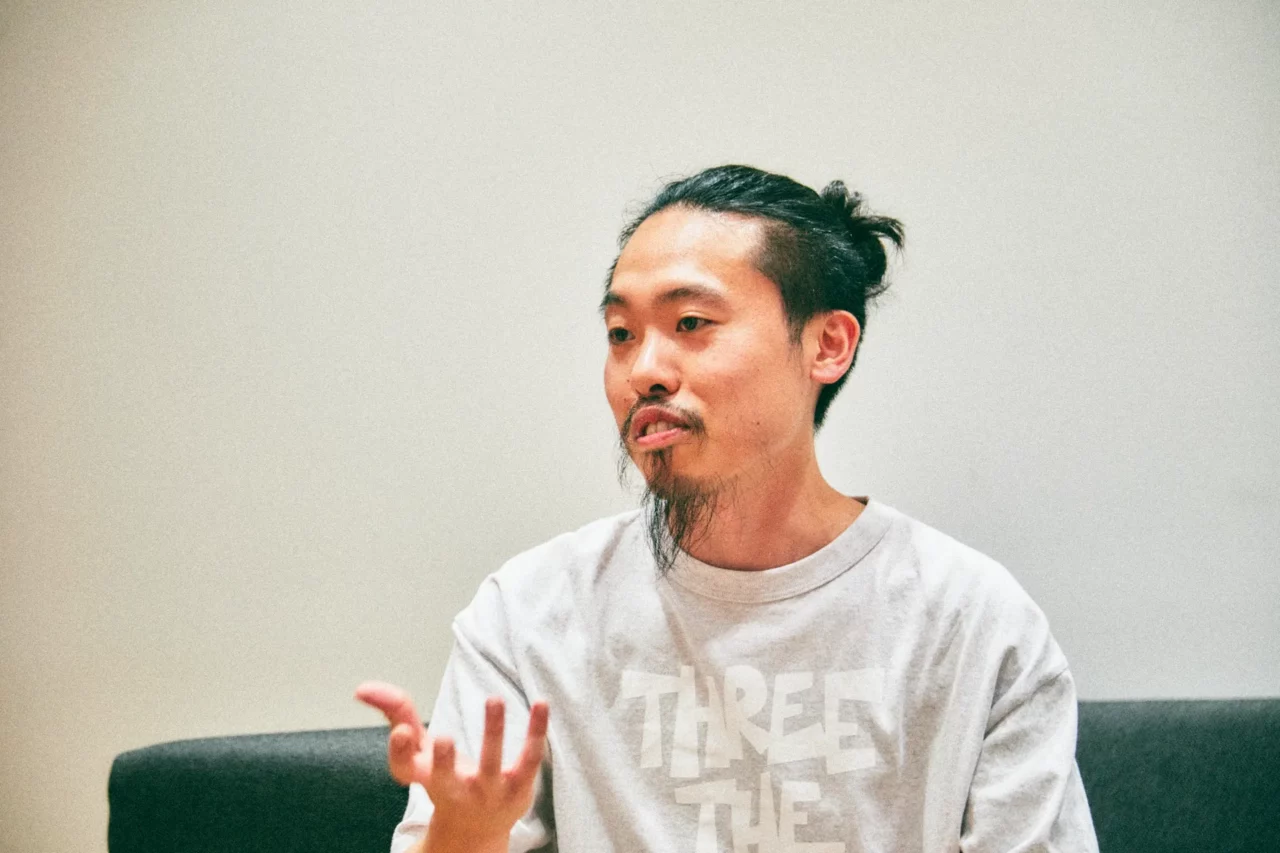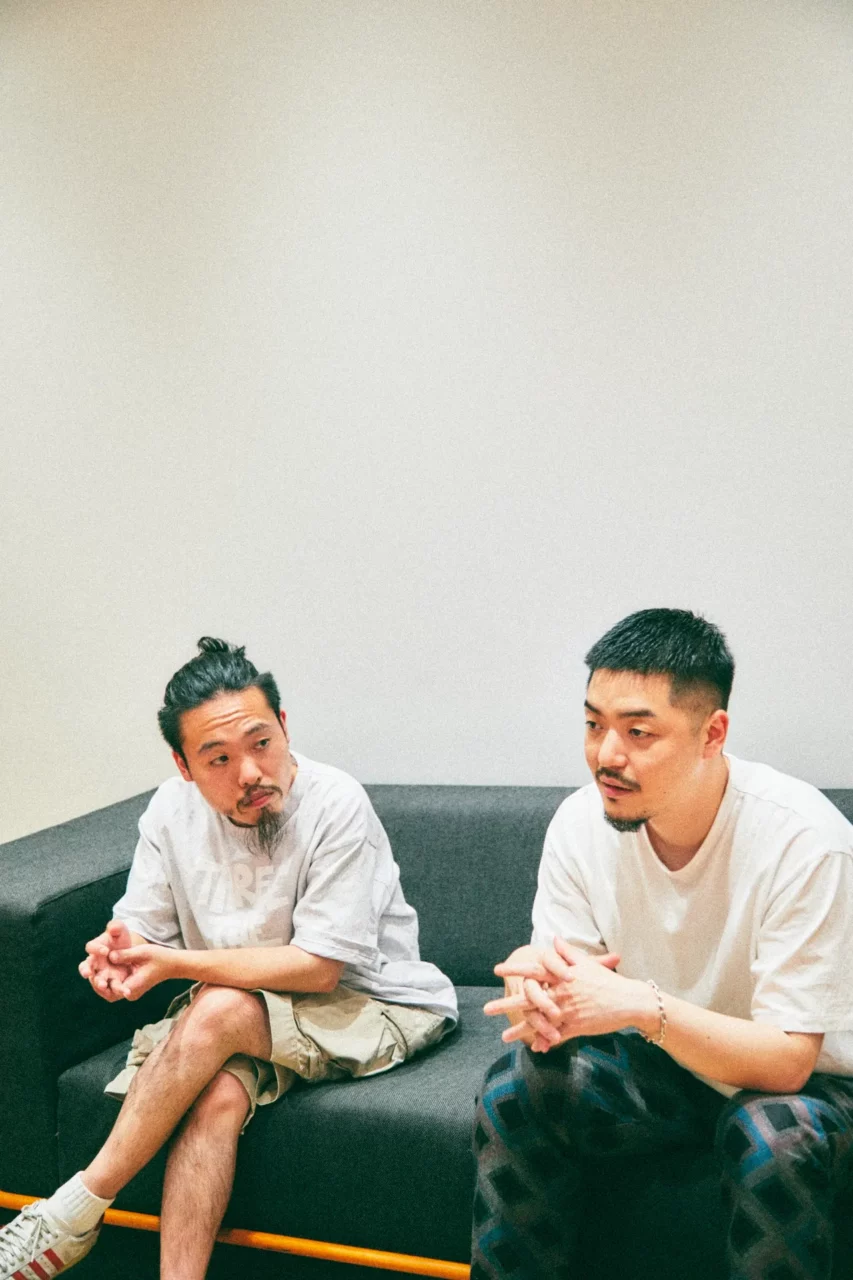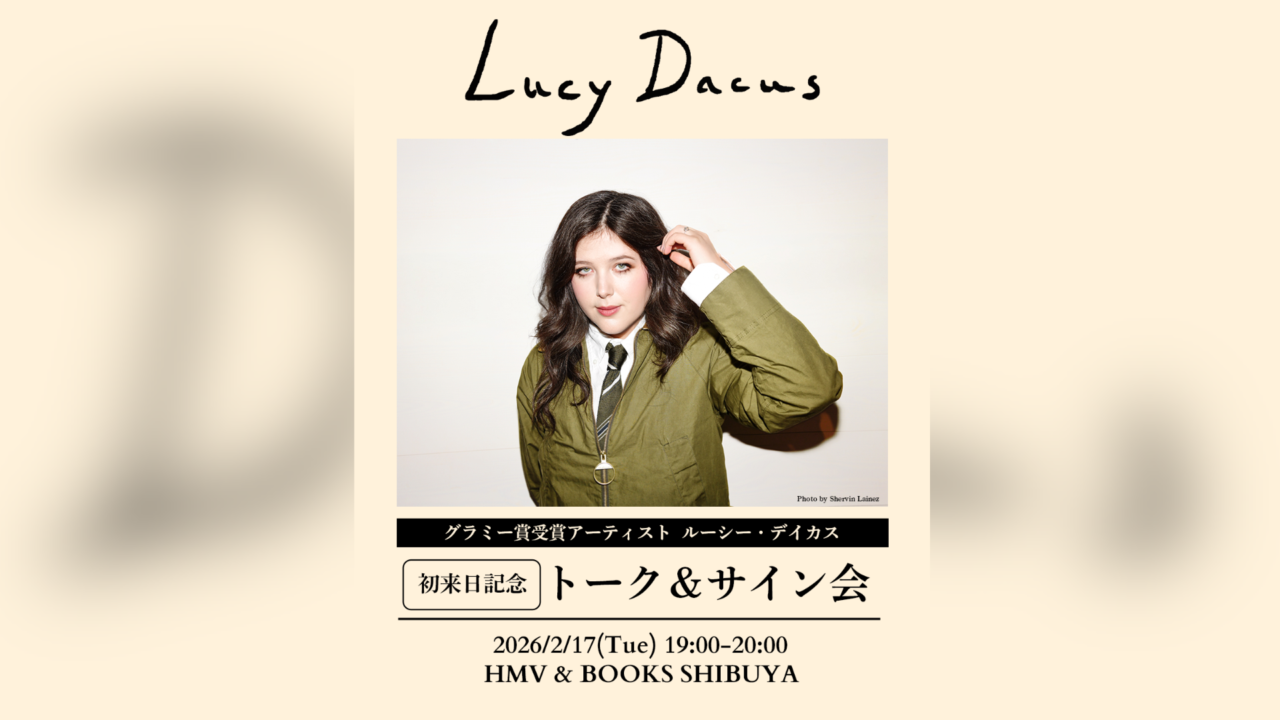INDEX
Shun Ishiwaka’s Decision Against Moving to the US: Contemplating “Our Identity”
You were both close friends and rivals.
Baba: When I entered high school, Shun had already moved to Tokyo and started performing with famous players like Akira Sakata. I watched that with a sense of envy. He was still a dear friend, but I couldn’t help feeling a bit envious as well. However, after I moved to the U.S. for college, those feelings faded, and I was able to see things more objectively.
Ishiwaka: I see. I thought it was amazing that Tomoaki was performing in America. He was collaborating with players I admired and participating in the same festivals and events. There was a time when I really wanted to pursue opportunities in the U.S. too.
Why didn’t you go to the U.S.?
Baba: I always thought you should come over.
Ishiwaka:I had many opportunities to perform and engage with contemporary music at university (Tokyo University of the Arts). There were a lot of players aiming for orchestral careers or competing in competitions, but for me, the feelings and excitement I experienced while engaging with contemporary music were comfortable and enjoyable. It felt like a music that reflected my background directly and was very immediate. Learning about the rich history of contemporary music over the past 60 years, hearing about the real transmission from my seniors and teachers was also thrilling. I felt inspired when performing works by composers like Toru Takemitsu and other Asian composers, and every time I participated in the world premiere of a new piece, I thought, “As a performer, this is what I should be doing.”

When performing classical and jazz music from abroad, how do you incorporate your identity and uniqueness as a Japanese person? That’s a significant question.
Ishiwaka: I was thinking along those lines, so at that time, I felt somewhat distant from America. I was interested in the jazz scene happening in real-time in New York and still loved it, though.
Baba: This is the first time I’m learning why Shun stayed in Japan. While I was active in the U.S., I was also pondering, “What does it mean to be Japanese?” Jazz, being a music that originated from Africa and America, offered many opportunities to study history and culture through performing with people of various backgrounds. As I went to America and had conversations with them, I realized that I didn’t know much about Japanese culture. Musicians like Akira Sakata and Tiger Okoshi, who have spent a long time in the U.S., are well-versed in American culture as well as Japanese culture, and they integrate both into their own expression. I think there’s been an increase in jazz musicians doing similar things recently. Musicians like Avishai Cohen and Tigran Hamasyan are fusing region-specific music with jazz and other formats. I’ve thought a lot about how to respect both Black and White cultures while also honoring Japanese culture in jazz.

So the two of you were thinking about the same thing in different places. Baba-san made his debut as a member of J-Squad, a band of Japanese musicians living in New York. Ishiwaka-san, in addition to his solo activities, is active in various bands such as CRCK/LCKS and Mononkuru.
Baba: When I was in America, I followed the Japanese scene through Shun’s Facebook, learning about interesting new people emerging in Japan. I got to know new talents like Fumitake Ezaki (WONK), Taishi Nukada (Tokyo Shiokoji), and Daiki Tsuneta (King Gnu) through Shun, and I found it fascinating to watch a new music scene develop in Japan.
Ishiwaka: At that time, I wondered why there were so many interesting musicians in Japan, yet their music wasn’t spreading globally. I thought we needed to create a strong scene in Tokyo for that to happen, and I discussed this almost every day with my seniors and peers. Everyone was very passionate and driven back then.


























